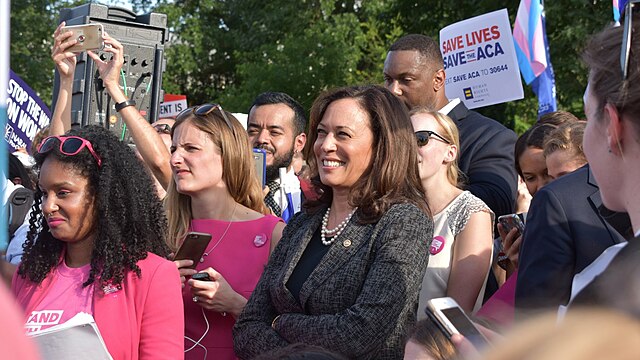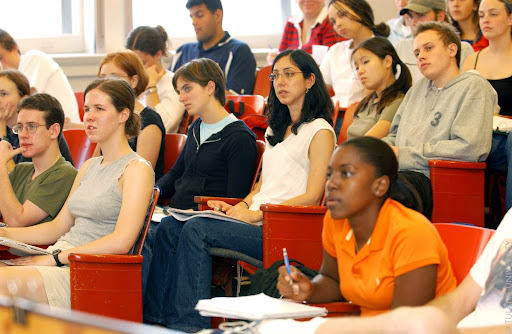Though we may not yet know with certainty the killer’s motives in taking the lives of three young Americans, practicing Muslims in their prime, we do know the crime was not motivated by “an ongoing neighbor dispute over parking.” This initial statement released by Chapel Hill police is an insult to any thinking person. To kill another human being, much less three human beings, is a radical act. Multiple factors are certain to be at play when someone spontaneously or with premeditation commits such heinous acts — mental state, social conditioning, deep-seated beliefs — lines of reasoning which justify the act to the killer. But, the fact is, these killings will resonate as a hateful act regardless of whether or not they are formally recognized as a “hate crime.” The reason for this is the level of vitriol and hatred directed against Muslims in this country at this time. The hateful murderous acts that are being committed in the name of Islam by ISIS in the Middle East give us non-Muslim U.S.-Americans a feeling of false righteousness. We conflate religion, region and culture. We refuse to learn the differences between these; we block complexity in order to fabricate a monolithic other bearing the face of evil. Our media teaches us to think badly, if we are thinking at all. Unsurprisingly, we reflect back what we see yet remain blind to our own distorted image.
I am moved by images and stories I am hearing of people of various religions, including Jewish and Christian, who are showing and expressing their solidarity with Muslim communities in Chapel Hill. This reaching out to comfort the grieving is significant. But I also want us to think about how we treat each other when not in the midst of local tragedy, when we are talking about difficult political issues, such as the Israeli-Palestinian conflict. I was deeply disappointed that I was not able to hear the Salaita talk in the Frank building. That is, not able to hear a Palestinian-Jordanian-American speaking in a building on Guilford campus donated by a Jewish-American family. If we can’t share a space to talk to one another, then we unwittingly replicate the barriers that make it impossible for people of Israel/Palestine to live together in the holy land. I was disappointed to read Rabbi Gutman’s false analogy between Salaita and the KKK in a local paper. In trying to make the other sound radically evil, our own speech “radicalizes” to shut thinking down.
I am a person of Jewish heritage who spends a significant time at Guilford College. The difficult discussions that have taken place on this campus have been meaningful to me. My models have been Max Carter and retired professor Jonathan Malino, who recently led a group of students through Palestine and Israel, as well as Professor Diya Abdo, who, through her teaching and organization of events, makes dialogue of all kinds possible. We need to make our campus safe from violence and harassment for everyone. However, let’s be clear, no campus worth its salt as an intellectual institution should or can be safe. In learning we confront fears and prejudice. In opening up to the other we experience pain and possibility.





